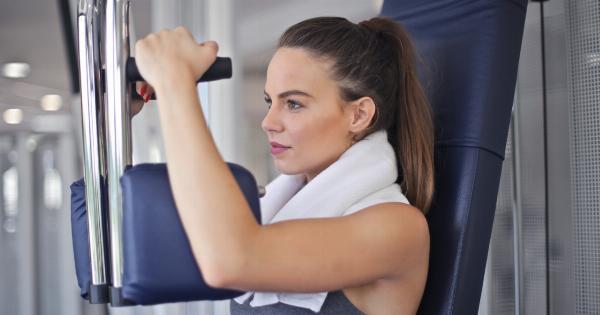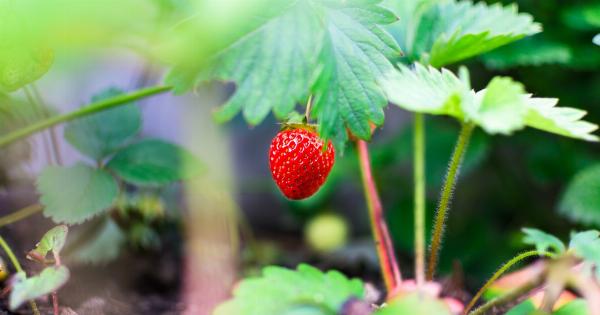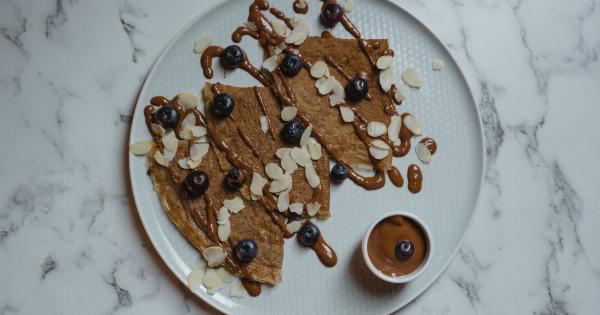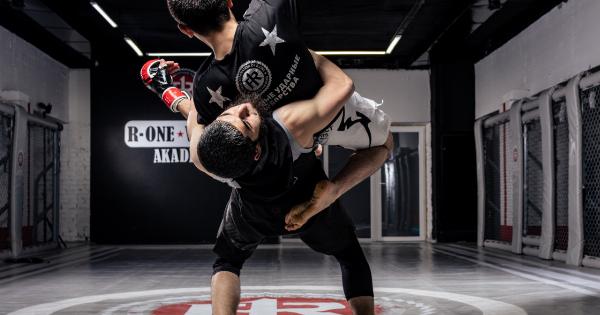Eating before or after exercising is a topic that has received much attention in the fitness and nutrition world. The timing of meals in relation to workouts is believed to have a significant impact on performance, energy levels, and recovery.
However, the answer to whether you should eat before or after exercising can vary depending on several factors, including individual goals, exercise intensity, and personal preferences. In this article, we will explore the advantages and disadvantages of both approaches to help you make an informed decision.
Why Eating Before Exercising Could be Beneficial
Many experts argue that consuming a balanced meal or snack before exercising can provide several benefits.
1. Fuel for the Workout
When you consume carbohydrates before exercising, they are broken down into glucose, which is then stored as glycogen in your muscles. These glycogen stores serve as an easily accessible energy source during physical activity.
By eating before your workout, you ensure that your body has sufficient fuel to perform at its best.
2. Enhanced Performance
A meal or snack before exercise can also lead to improved performance. Eating foods rich in carbohydrates and proteins can help replenish glycogen stores and provide amino acids that support muscle repair and growth, respectively.
This can enhance your strength, endurance, and overall athletic performance.
3. Sustained Energy Levels
By having a pre-workout meal, you can prevent dips in energy levels during your exercise session. This is especially important if you engage in endurance activities or high-intensity workouts.
Consuming complex carbohydrates, which provide a steady release of energy, can help you sustain optimal performance throughout your workout.
4. Feel Satisfied
Eating before exercising can help satisfy your hunger and prevent intense food cravings during or after your workout. This is particularly useful if you are trying to maintain a calorie deficit for weight loss purposes.
By fueling your body before hitting the gym, you may be less likely to overeat or make unhealthy food choices later.
Why Eating After Exercising Could be Beneficial
On the other hand, some individuals prefer to follow a post-exercise eating routine. Here are some reasons why eating after exercising may be beneficial for certain individuals.
1. Muscle Recovery and Repair
During exercise, your muscles undergo micro-tears, and consuming a post-workout meal or snack can aid in their repair and recovery.
Protein-rich foods provide essential amino acids that support this process, allowing your muscles to heal and grow stronger. Additionally, consuming carbohydrates after a workout can help replenish glycogen stores that were depleted during exercise.
2. Fat Burning Potential
Although the timing of your meals in relation to exercise might not significantly impact overall fat loss, some studies suggest that exercising in a fasted state (without eating prior) can slightly increase fat burning.
This is because when your glycogen stores are depleted, your body may rely more on stored fat as an energy source. However, the difference in fat burning between eating before or after exercise is relatively small and may not be significant for everyone.
3. Hormonal Response
Exercising on an empty stomach (fasted) may result in a different hormonal response compared to exercising after eating. Fasted workouts can lead to an increase in growth hormone levels, which is believed to support fat metabolism and muscle growth.
However, determining the precise impact of this hormonal response on body composition and performance requires further research.
4. Personal Preferences and Digestive Comfort
Sometimes, it simply comes down to personal preferences and digestive comfort. Some individuals find it difficult to exercise with a full stomach, experiencing discomfort, bloating, or even heartburn.
In such cases, it may be more practical and comfortable to enjoy a meal or snack after your workout.
Conclusion: The Verdict
Ultimately, the decision of whether to eat before or after exercising depends on individual preferences, goals, and the type of workout you plan to do. Both approaches have their advantages and can be effective when implemented correctly.
Some people may prefer to have a light snack before exercising to fuel their performance, while others may feel better and less restricted by eating after their workouts. Experimenting with both methods and paying attention to your body’s responses can help you determine which approach works best for you.






























